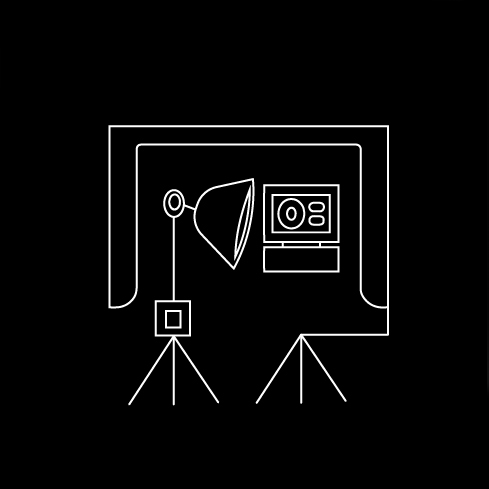Although many companies provide different entertainment platforms, not all can attract the new generations who expect to see the latest technology used in entertainment.
Virtual heritage (Virtual Museum)
Virtual heritage refers to the use of virtual reality (VR) and other digital technologies to preserve, showcase, and provide access to cultural heritage sites, artifacts, and historical locations. It involves the digitization and recreation of physical heritage sites, such as archaeological sites, monuments, museums, and cultural landmarks, in virtual environments. Virtual heritage applications can include virtual tours, interactive experiences, 3D reconstructions, and immersive storytelling, allowing users to explore and learn about heritage sites remotely. This technology helps preserve cultural heritage, promotes education and research, and offers opportunities for wider public engagement and access to heritage sites that may be difficult to visit physically.
Virtual Studio
Virtual Studio is a technologically advanced production environment that combines real-time virtual sets, VR, and AR to create immersive and dynamic visual content, offering flexibility, cost-efficiency, and creative possibilities for various media production needs.
Virtual Concert
Virtual reality has opened up new possibilities for live performances and concerts. Viewers can attend virtual concerts from anywhere in the world, immersing themselves in the virtual venue and enjoying a front-row experience. Also, it allows artists to reach a global audience and provide memorable live music experiences.
Although many companies provide different entertainment platforms, not all can attract the new generations who expect to see the latest technology used in entertainment.

.jpg)

